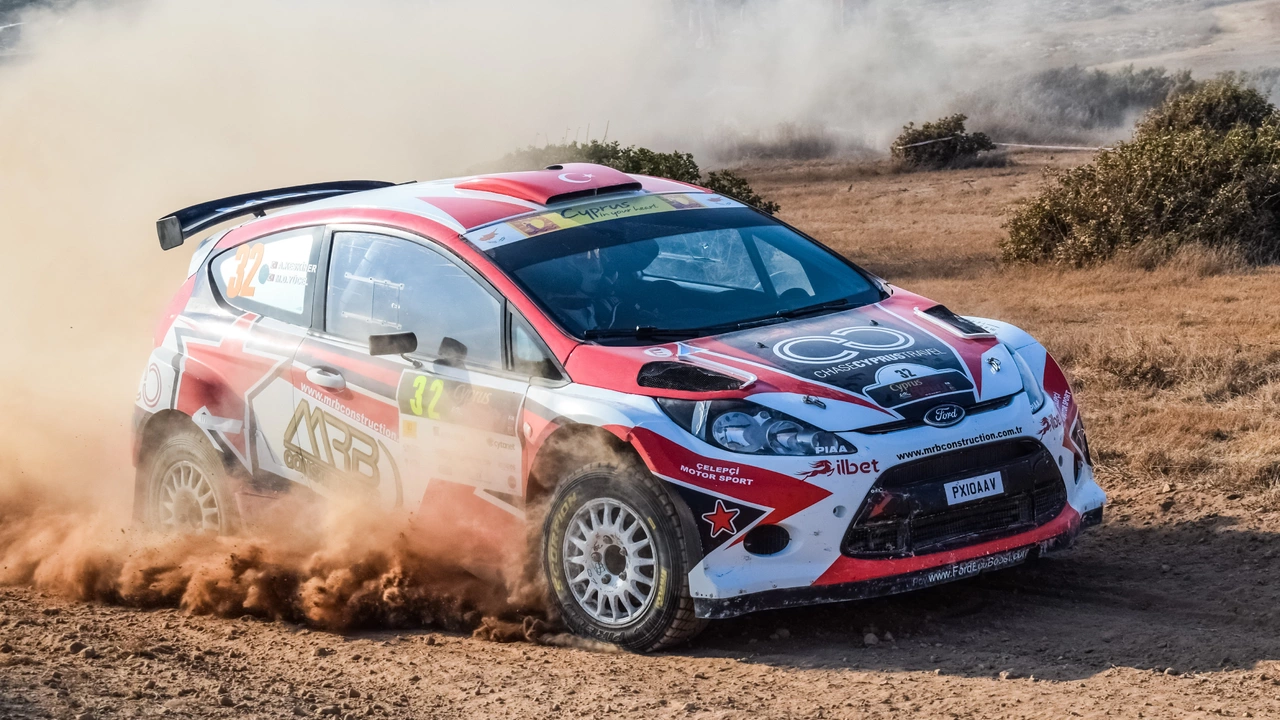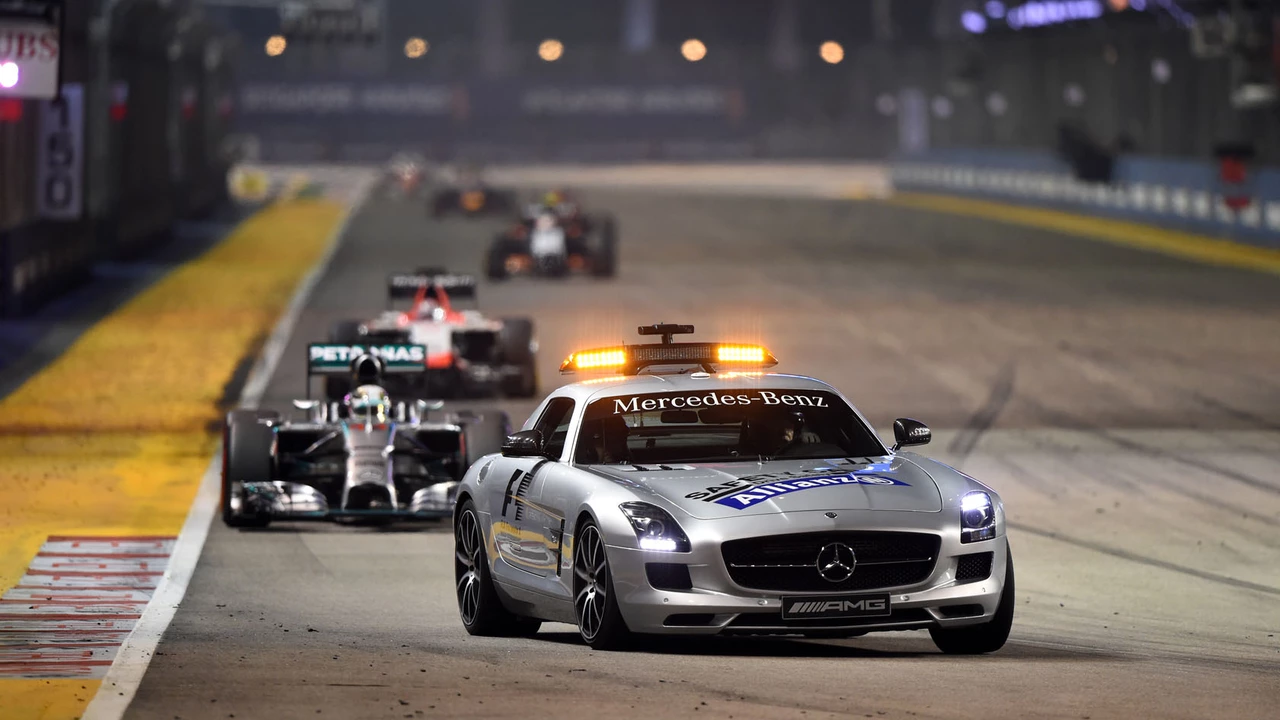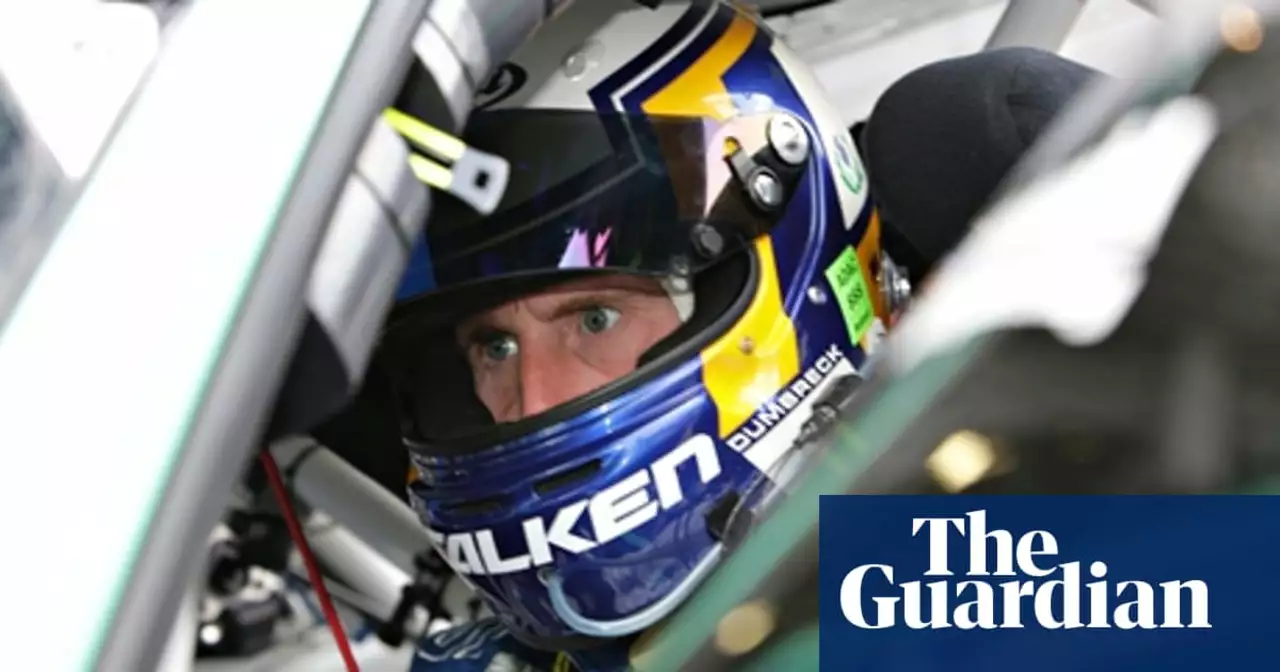Motorsports – All Things Rally and Racing in the UK
If you love the roar of engines, the smell of gravel and the rush of taking a corner at full tilt, you’re in the right spot. This page brings together the stuff that matters to anyone who follows rally, endurance racing or any fast‑track action across Britain. From how fast rally cars really go to the money you need to start a career, we keep it simple and useful.
Why rally fans love the thrill
Rally isn’t just about hitting a top speed. It’s about dancing with the road, whether that road is a forest track, a snowy mountain pass or a slick city street. A typical rally car can hit 120–130 MPH on a straight, but most of the excitement comes from tight hairpins, jumps and changing weather. That mix forces drivers to balance speed with control, and that balance is what keeps fans on the edge of their seat.
Because the course changes every year, every driver needs a fresh game plan. You’ll see crews swapping tires, adjusting suspension and re‑reading pace notes on the fly. That adaptability is why rally feels raw and real – there’s no second chance on a lap, only one shot to get it right.
Getting into rally – costs, speed, strategy
Thinking about becoming a rally driver? The first thing most people ask is how much it will cost. The price tag can range from a few thousand pounds for a club‑level entry car to tens of thousands for a competitive build. You’ll need a car, safety gear, insurance, entry fees and travel expenses. It adds up fast, but many drivers start with used cars and climb the ladder step by step.
Speed and strategy go hand in hand. In rally you train for endurance – you might be on the road for several hours, tackling dirt, mud, ice and asphalt in one event. Contrast that with Formula 1, where every millisecond counts on a single, polished circuit. Rally drivers plan for weather shifts, tyre wear on loose surfaces and even night driving. That makes strategy more about flexibility than raw speed.For newcomers, the best advice is to join a local club, get a co‑driver who can teach you the basics, and start with a modest car. Get used to reading pace notes, managing fatigue and keeping the car under control on slippery sections. As you gain experience, you can invest in better equipment and aim for larger events.
Stay tuned to our news feed for updates on upcoming UK rallies, driver interviews and tips from seasoned crews. Whether you’re a fan watching from the sidelines or a budding driver ready to hit the stages, this hub is your go‑to source for everything motorsports in the UK.
Got a question about rally costs, speed limits on a particular event, or how to improve your driving strategy? Drop a comment below and join the conversation. We love hearing from fellow motorsport enthusiasts and sharing practical advice that actually works on the track.
How fast do rally cars go in MPH?
In the thrilling world of rally racing, speed is king. Rally cars can typically reach speeds of up to 120-130 MPH on straight sections of the course, depending on the car and conditions. However, it's important to note, much of rally racing involves navigating tight turns and rough terrain, where precision and control often trump outright speed. So, while these vehicles may not match the top speeds of their track racing counterparts, the skill and agility required in rally racing make it an adrenaline-packed spectacle. After all, it's not just about how fast you go, but how well you can handle the ride.
Read MoreHow does race driving strategy differ between rally and F1?
In comparing rally and F1 racing strategies, the differences are clear. Rally racing is all about endurance and adaptability, as drivers navigate a variety of terrains and weather conditions, often in a single race. In contrast, F1 racing is a precision-oriented sport where every millisecond counts, and the focus is on mastering a specific track. Unlike rally, F1 also emphasizes the importance of pit strategy and tire management. Overall, the two sports require distinct mentalities and skills, reflecting their unique challenges and thrills.
Read MoreHow much does it costs to become a rally driver?
Becoming a professional rally driver is an expensive but rewarding endeavor. From buying the right car and equipment to paying for travel, lodging, and other expenses, the cost of getting into the sport and succeeding can add up quickly. But with dedication, hard work, and the right attitude, it is possible to make a career out of rally driving. For those passionate about the sport, the cost of becoming a rally driver can be worth the effort.
Read More

